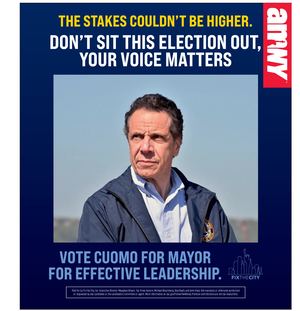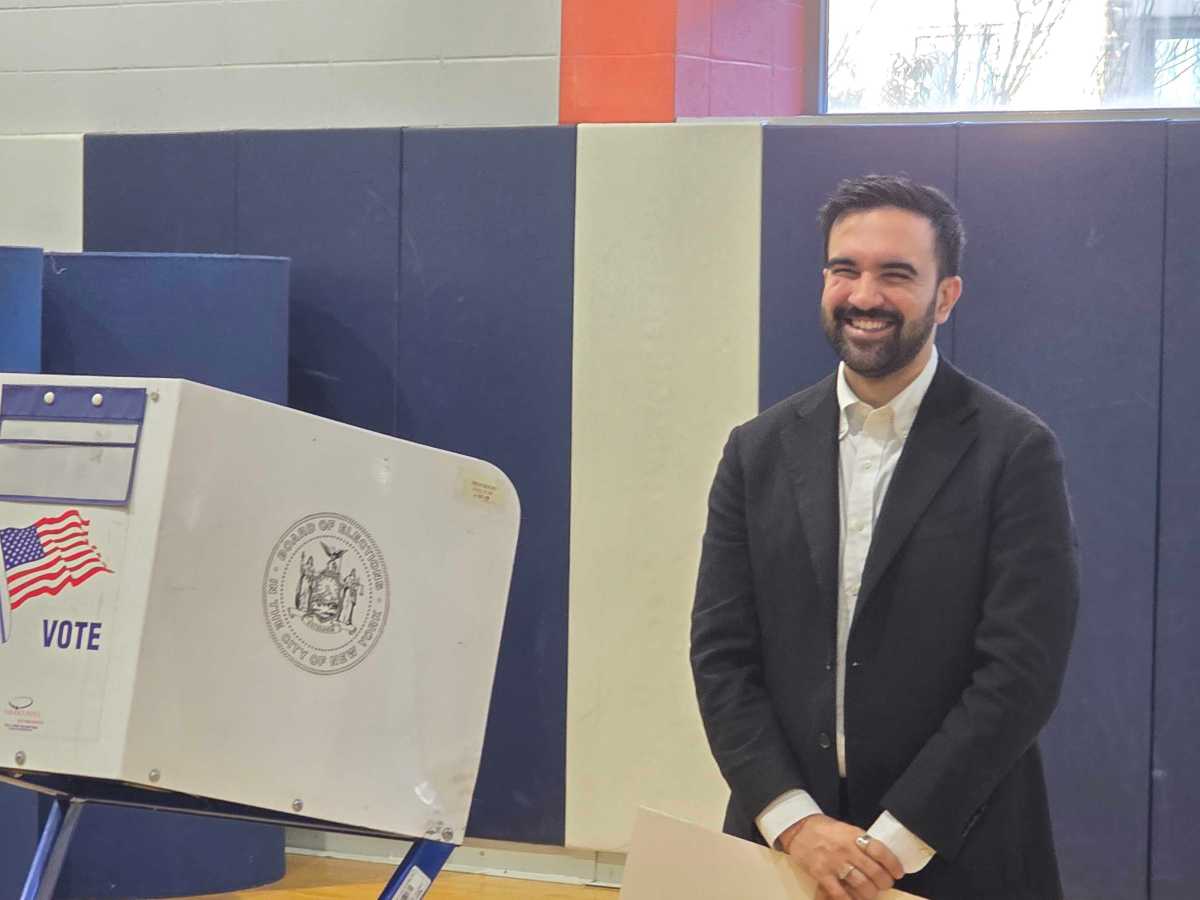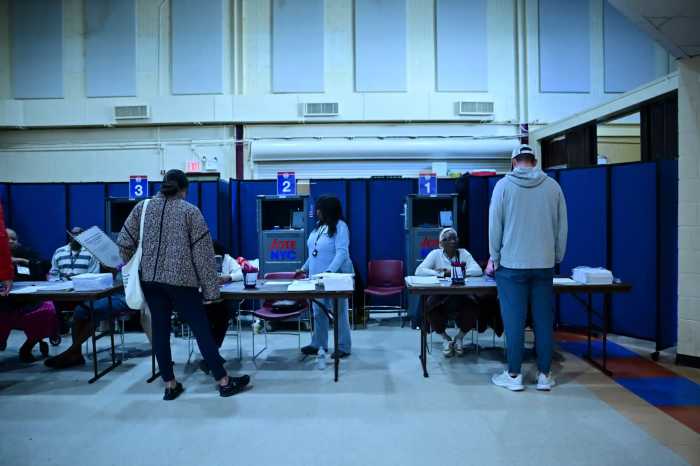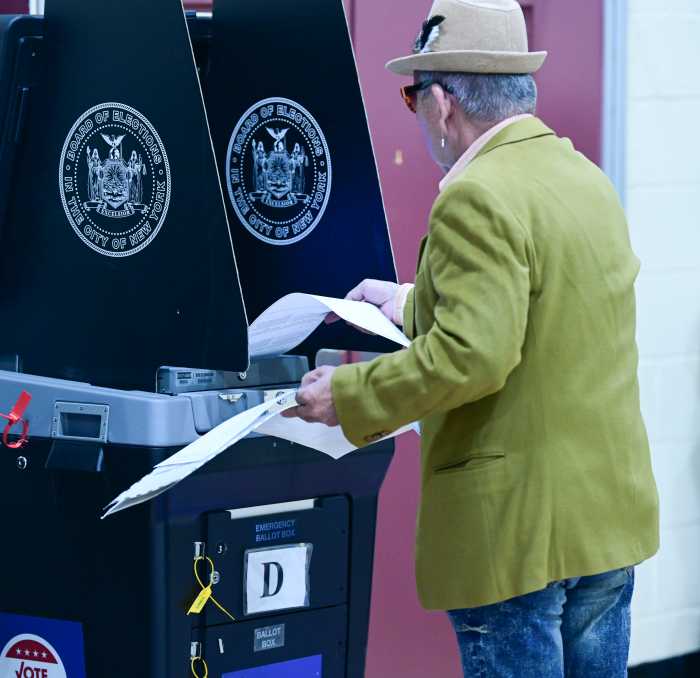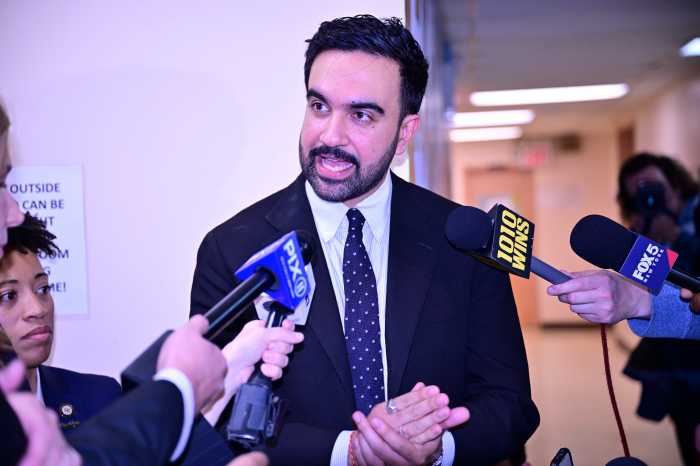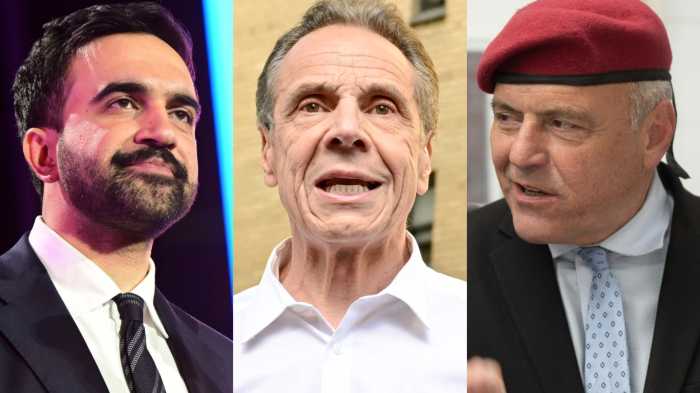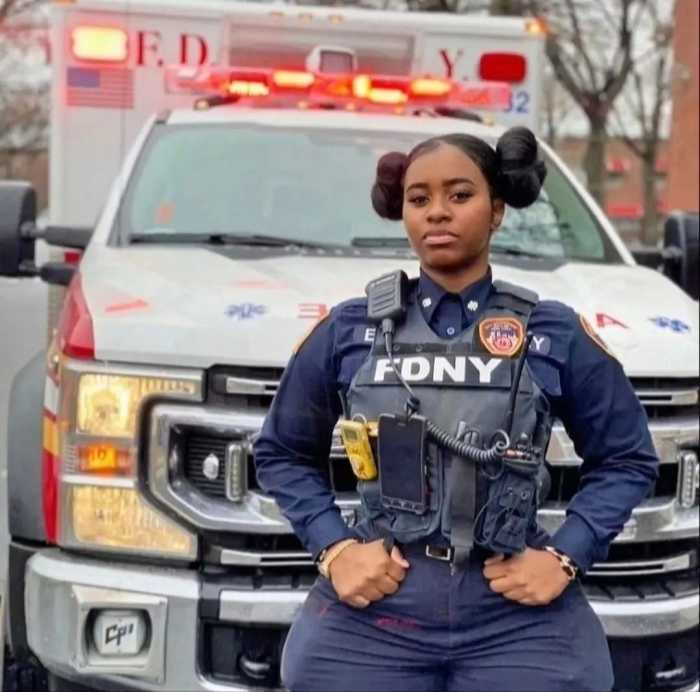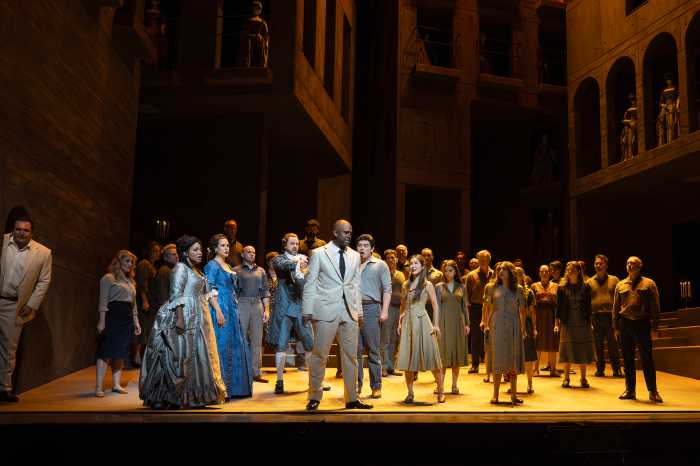Democratic mayoral nominee Zohran Mamdani had declined for weeks to take a position on three controversial ballot questions impacting housing construction in New York. On Election Day, he finally gave his answer — both on his own ballot and in public.
Right before voting on Nov. 4 at Frank Sinatra High School for the Arts in his hometown of Astoria, Queens, Mamdani — a democratic socialist lawmaker — told reporters on Nov. 4 that he would vote in favor of the three ballot questions that have drawn fierce opposition from Democratic leaders of the City Council.
Mamdani only made his position on the ballot questions public after declining to offer his own opinions throughout early voting last week, when 732,866 voters cast their ballots.
His refusal to take a stand for or against the ballot questions during the second mayoral debate on Oct. 22 also drew fierce rebukes from his two opponents, former Gov. Andrew Cuomo and Republican nominee Curtis Sliwa. Cuomo supports the measures, and Sliwa opposes them.
When pressed on why he waited until Election Day to make his views known, Mamdani said he wanted to take the time to make a decision first.
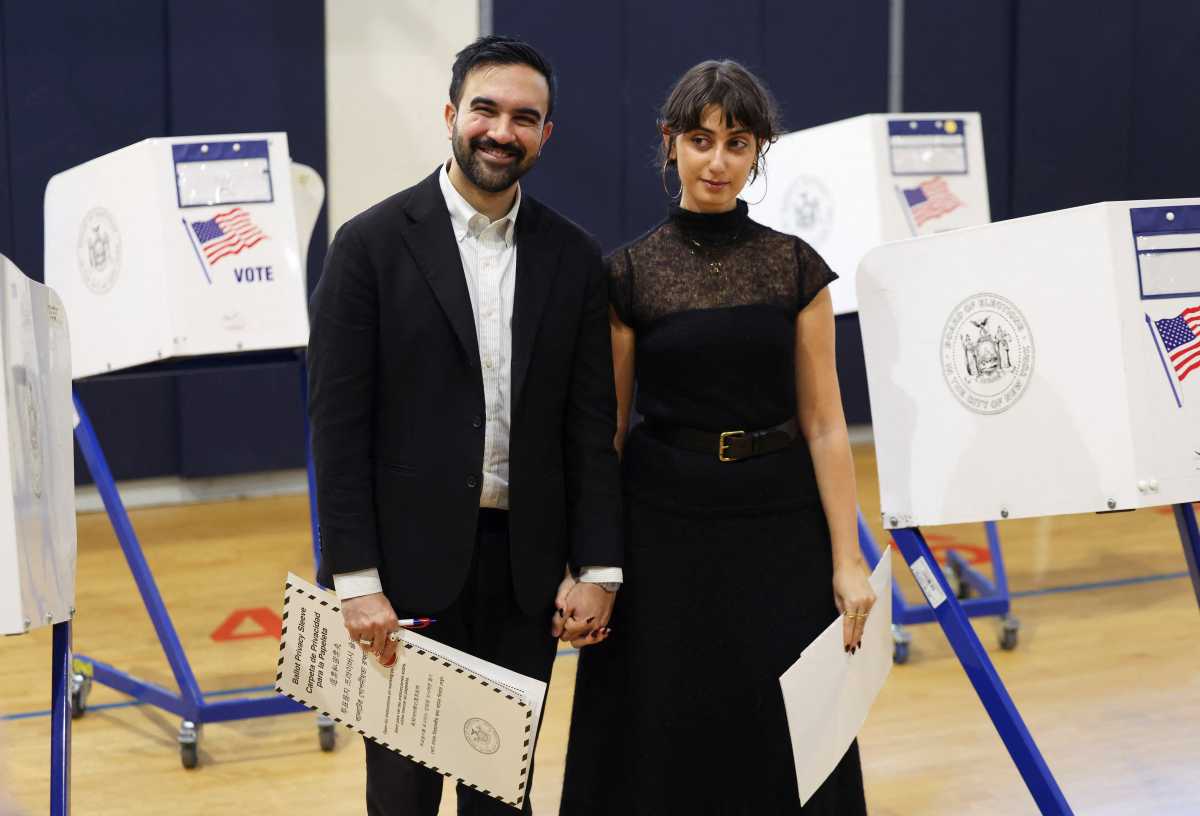
“I take very seriously the responsibility that I have to share my thoughts with New Yorkers, and I want to always ensure that I do so, having actually come to a conclusion,” he said. “I took the time to have conversations with stakeholders, policy experts, and wanted to make sure that I was deliberate in the decision that I made.”
The three proposals, Ballot Questions 2-4, would make it harder for council members to veto housing developments in their districts, which proponents say is necessary to quickly build more affordable homes. But council members and union leaders argue they will lose their power to negotiate with developers for more affordable housing, community benefits, and union construction jobs.
The measures were advanced by a City Charter Revision Commission convened by outgoing Mayor Eric Adams.
Mamdani said he understands the concerns of council members and union leaders and plans to work closely with them.
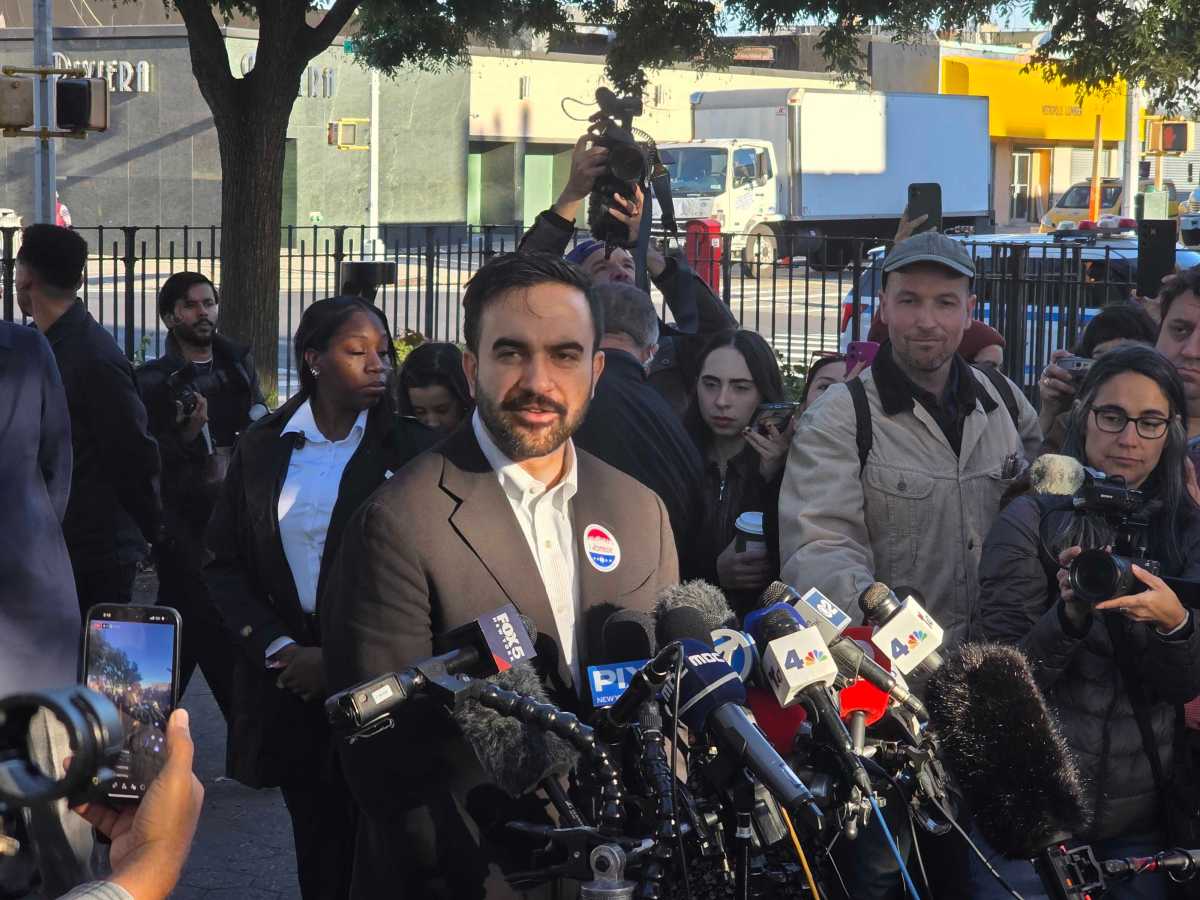
The proposals, especially Ballot Question 4, shift final approval over various categories of housing developments from the City Council to either the mayor or panels that are mostly appointed by the mayor.
If Mamdani, who is the frontrunner in the race, wins on Tuesday night, he will have more direct control over approving housing projects than his predecessors.
The Queens lawmaker indicated that he also voted “yes” on Ballot Question 1, which concerns retroactively approving state land for an Olympic Games facility upstate, and Ballot Question 5, requiring the city to digitize its official paper maps of its streetscape — known as the City Map.
He stated that he voted “no” on Question 6, a proposal to move local elections to presidential years in an effort to increase voter turnout. Critics say that change would overshadow local elections.
